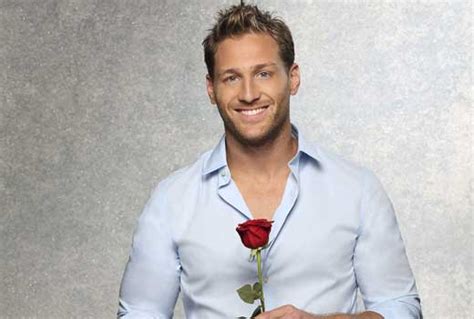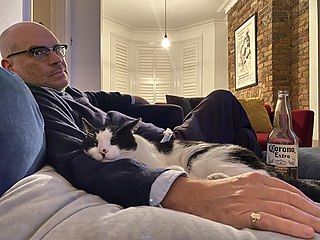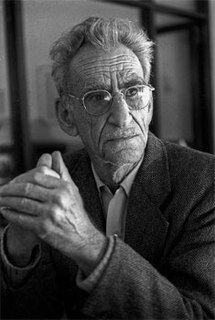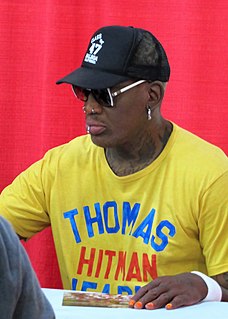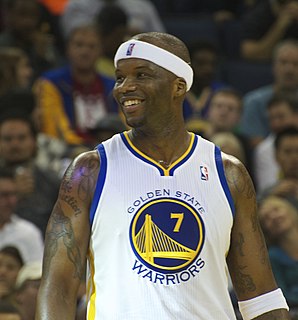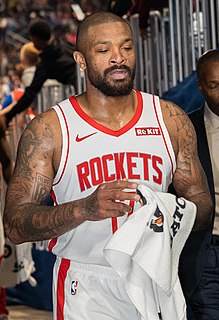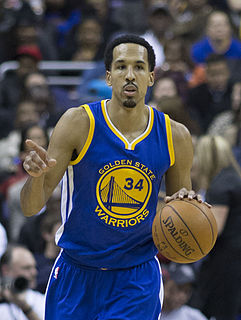A Quote by Julius Randle
Like if you know one thing about Thibs, he loves those who want to work.
Related Quotes
There are two aspects to making movies: One is the feeling of wanting to push myself into stuff that I don't know how to do. Then there's the other impulse to try and earn a living. I want to be careful about not confusing those too much - not that those things can't have a healthy overlap. Plenty of people start out making work that isn't terribly commercial, and then make work that's more commercial but still good. You just want to watch out for that thing where you tell yourself that you're doing your best work when you're not.
I would want to know if, at 15, if my daughter loves me the way she does right now. And if she's proud of me, just because I want to be a good example for her, and seeing her grow and how much she loves Daddy saying 'Daddy, te quiero mucho,' which means 'I like you a lot,' those are the things that melt my heart.
There are usually three sections of people who like my work. There are those who like them aesthetically. They see beauty in the images. Second, there are those who like the horror aspect, which is by design, and I like that. Third, there are those who are moved by the historical or political nature of them. They want to talk about them.
You know, my problem with most screenwriting is it is a blueprint. It's like they're afraid to write the damn thing. And I'm a writer. That's what I do. I want it to be written. I want it to work on the page first and foremost. So when I'm writing the script, I'm not thinking about the viewer watching the movie. I'm thinking about the reader reading the script.
If you really want to hear about it, the first thing you'll probably want to know is where I was born, and what my lousy childhood was like, and how my parents were occupied and all before they had me, and all that David Copperfield kind of crap, but I don't feel like going into it, if you want to know the truth.
There are all sorts of theories and ideas about what constitutes a good opening line. It's tricky thing, and tough to talk about because I don't think conceptually while I work on a first draft -- I just write. To get scientific about it is a little like trying to catch moonbeams in a jar. But there's one thing I'm sure about. An opening line should invite the reader to begin the story. It should say: Listen. Come in here. You want to know about this.
The thing with America is that... however you want to denigrate them for being crass or whatever, with a film that they like and think is well written, well-made and is popular, they actually want to work with those people and want to follow that, whereas I've had nothing coming in from the UK... nothing at all. Whether that sums up the state of the industry now, I don't know. But it's strange.
Listen, I know how old I am and that I'm just a shoulder injury from losing roles like the one in Taken. So I stay with the training, I stay with the work. It’s easy enough to plan jobs, to plan a lot of work. That's effective. But that’s the weird thing about grief. You can’t prepare for it. You think you’re gonna cry and get it over with. You make those plans, but they never work.



